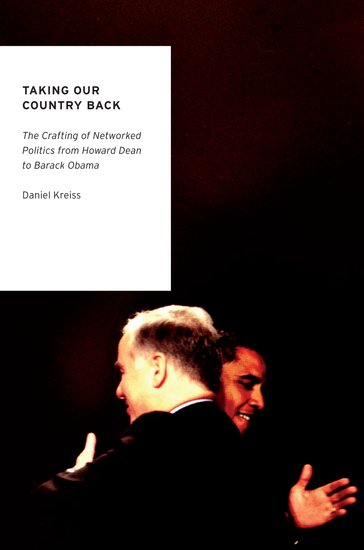Why is the Higgs boson called the ‘god particle’?
By Jim Baggott
The Higgs field was invented to explain how otherwise massless force particles could acquire mass, and was used by Weinberg and Salam to develop a theory of the combined ‘electro-weak’ force and predict the masses of the W and Z bosons. However, it soon became apparent that something very similar is responsible for the masses of the matter particles, too.














